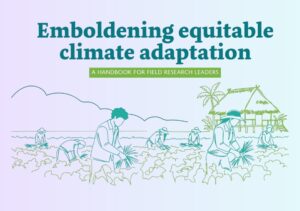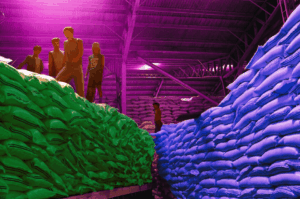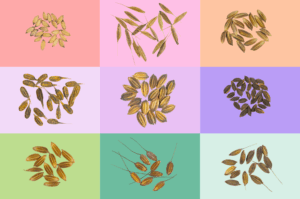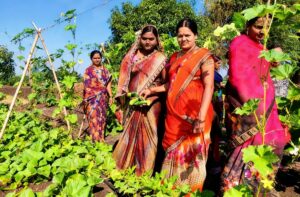The Market Oriented Smallholder Value Chain program, a sustainable rice project in Thailand, successfully helped 19,000 smallholder farmers increase their net income by more than 20% while reducing the greenhouse gas emissions from their farming by 21%. The program also improved water quality by 14%.
The project started in 2016 to improve the lives of rice farmers and increase the production of sustainable and high-quality rice in the Northeastern provinces of Thailand.
Read the story @Asia News Network
More on improving the sustainability of rice production:
More sustainable solutions through global efforts on food security
The impacts of international agricultural research over the past 50 years show significant benefits for the environment and for food security, as well as a cost-benefit ratio providing 10 dollars in social benefit for every dollar invested in it. By 2030, with a greater focus on sustainability, impacts are expected to benefit over 200 million people in rural areas that face climate hazards and food and nutrition insecurity, raise farmers’ productivity by more than 25%, reduce yield variability for at least 120 million people, and avoid ~0.6 GT of annual CO2e emissions.
Fostering the adoption of sustainable rice straw innovations in Vietnam through private sector engagement
IRRI and the Loc Troi Agricultural Research Institute signed an agreement on developing smart paddy logistics management and sustainable rice straw solutions at the Loc Troi Group’s 7th Science Café in An Giang Province. With this year’s theme, Solutions for sustainable, stable, and continuous agricultural production, the event attracted more than 70 representatives from various local and international private sectors and research and development agencies.
Sustainable Impact through Rice-based Systems
The Sustainable Impact Platform drives IRRI’s strategic vision by identifying strategic research to meet current and future needs and opportunities. The Platform identifies strategic research to meet current and future needs and opportunities, fosters multi- and inter-disciplinary research amongst IRRI scientists and partners, and maps out plausible impact pathways leading to outcomes and impact.










